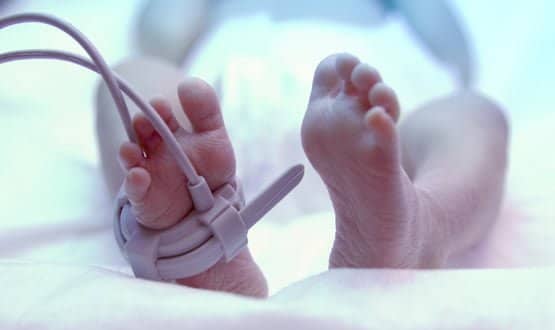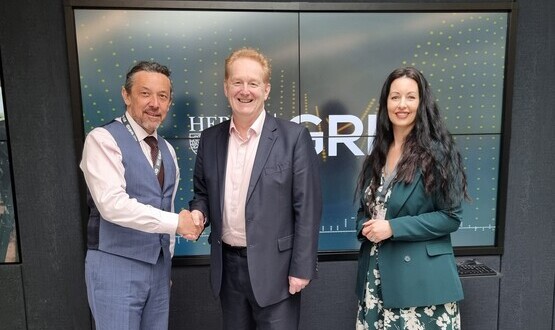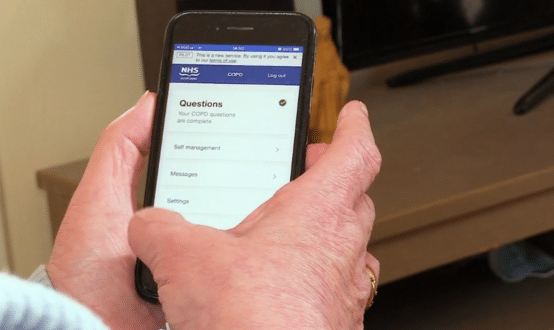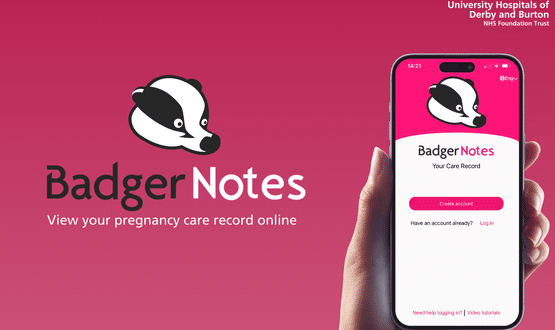Video technology trialled for premature babies in Scottish hospital

Video updates for parents of premature babies are being trialled at Scotland’s largest neo-natal intensive care unit.
The Royal Hospital for Children, part of NHS Greater Glasgow and Clyde, is piloting video technology that allows parents to be remotely updated on their child’s health.
A spokeswoman for the health board said that there are “babies from all over” the country at the unit, based in Glasgow, which can make it hard for parents to easily visit and see their babies.
The personalised videos are by vCreate, and two nurses have so far been trained in using the technology.
The trial has been running for six to seven weeks on two babies, the spokeswoman confirmed.
The parents have had a “very positive” response, she said.
Neil Patel, a consultant neonatologist at the hospital, said in a statement that the idea came from the patients, who requested video updates for his baby.
Other parents, “thought video was a brilliant way of keeping them up to date with non-clinically sensitive updates when they were away from the hospital”, said Patel.
The new children’s hospital opened in 2015 and admits babies from across Scotland. The spokeswoman said that one of the parents in the trial was based in Dundee.
The videos can be accessed on personal devices, and each parent is given a vCreate View License to ensure only videos of their child can be viewed.
Ben Moore, vCreate founder, described the videos as a story “of the child’s road to recovery”.
“The parents can then take the videos with them when the child leaves the unit as a memento. The videos are then permanently deleted from the system in line with data protection policy.”
The spokeswoman said that the hospital wants to train more nursing staff and involve more parents in the trial.
Once the pilot has been completed, vCreate will be rolled out to consenting parents across the unit.
Jack Weightman, whose daughter was on the trial, said in a statement that “it’s great as it keeps the family involved 24 hours a day”.
“It can be hard for the wider family not being able to attend the hospital, but they can watch and share the videos to feel involved.”
NHS Greater Glasgow and Clyde is the largest health board in the UK, and provides healthcare for 1.2 million people.





2 Comments
Great. Hopefully introduced in Ireland then. Last May our 23 weeker commenced 101 days in hospital. While only 3.5 hours round trip from our home and we were able to spend a lot of time in NICU we had to be at home for our two older children too. Heartbreaking not being with our tiny baby. This new technology would have helped us so much during those times.
This is great. We could have done with this when our twins spent 6 weeks in neonatal
Comments are closed.